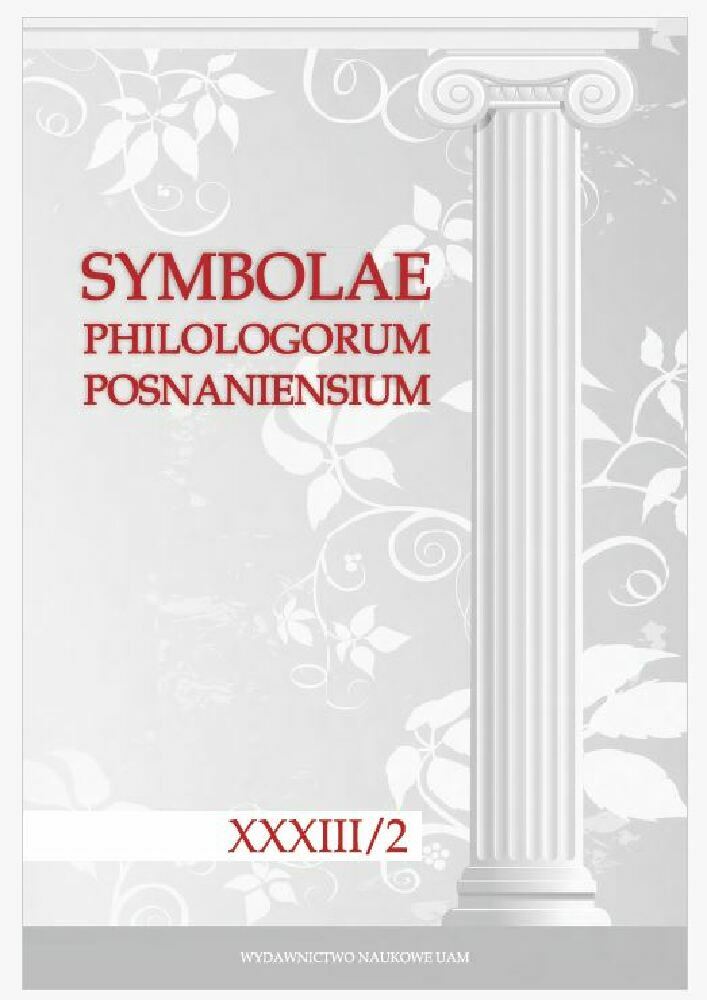Abstrakt
Students’ Classical Theatre Sfinga debuted with comedy Miles Gloriosus in 1997. Over the years they staged various plays of Plautus in order to prove themselves and their audience that certain themes and Plautine humour were not only still alive but also deeply emerged into the temporary culture. The main purpose of Sfinga has always been to familiarize their audience with Plautus and pay special attention to the care of ancient taste. The article discusses the following plays by Plautus: Miles Gloriosus, Amphitruo, Asinaria, Casina and Curculio. The authors present how, thanks to the available theatrical elements (costumes, music or scenography), Sfinga managed to make some performances take on new, fresh meanings, and others turned into musicals, burlesque or operetta.
Bibliografia
Plautus, Comedies, Vol. I , Ed., Transl. by Wolfgang de Melo, Cambridge MA/London: Harvard University Press, 2011.
Plautus, Komedie. Tom I, Transl. by Ewa Skwara, Warszawa, 2002: 25.
Gratwick 1982: A.S. Gratwick. Drama. In: The Cambridge History of Classical Literature, Vol. II: Latin Literature (eds. E.J. Kenney and W.V. Clausen), 77–137. Cambridge: Cambridge University Press, 1982. DOI: https://doi.org/10.1017/CHOL9780521210430.006
Miazek 2001: M. Miazek, Antyczny musical czyli co klasycy mogą zrobić z Plautem, „Życie Uniwersyteckie” 93 (2001): 19–20.
Licencja
Prawa autorskie (c) 2023 Katarzyna Kaniecka-Juszczak

Utwór dostępny jest na licencji Creative Commons Uznanie autorstwa 4.0 Międzynarodowe.
